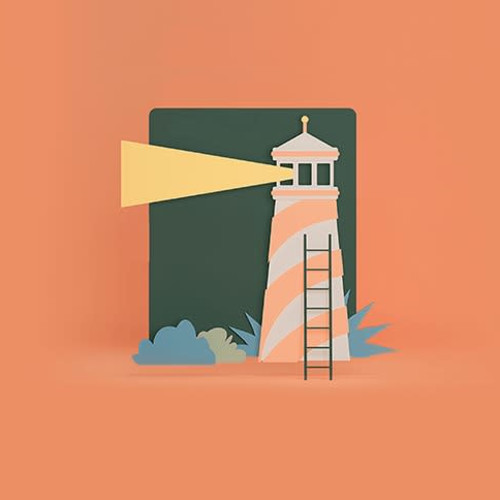How do I comfort someone who has lost a loved one via suicide?

-
 July 12th, 2020
July 12th, 2020That's a very good question. I have a very dear friend whose 14 year old son jumped off the Taos Gorge Bridge and died by suicide, and the greatest answer I can give with that in my mind, is just to be with them. Suicide is a more taboo form of death, and especially when it's with a child; it's very confusing. There's so much hidden and acknowledged shame and guilt around what's left for the living. Deep presence with the person who lost someone is what I feel is most important, just being with someone and allowing all of what wants to come up inside them to come up without pulling back.
What this friend did was create beautiful art around her son's death and really ritualized it, and all of the kids in his community and school came together and created beautiful art. On the anniversary of his death, they painted his room, every object in it, white. They came together there and told stories and made photos and really honored the whole thing.
-
 July 14th, 2020
July 14th, 2020One of the things that's so important is to listen, because so many people rush into, "oh, it's gonna be okay," or rationalizing why it happened. Sometimes we just need to shut up and sit there. I remember sitting with a parent whose child died by suicide and she cried and wailed and got really snotty and she didn't want it to tissue. She just got really wet and gross and was heaving and wailing, in her sorrow. And I was just bearing witness and loving, giving my full loving attention. Upholding that grief. And after about 40 minutes, she got quiet and she just said, "Thank you. No one has been able to do that for me." And there was really nothing to do. But how to be with her is so important.
-
 July 14th, 2020
July 14th, 2020I lead four or five bereavement groups a year and when there's a survivor of suicide in the group, more often than not, they're the last person to share because there can be so much shame around it for the survivor. My last group, I had a mother whose son died by suicide on her birthday. She felt that her friends and family would hold her responsible because if she was a loving mother, he would never have done that. She felt so much shame that she hadn't shared it with the group. It was actually a group of 12, all women.
And when she finally shared, it was like something out of a beautiful novel or movie, it was like an ancient ritual. These women just stood up out of their chairs and moved over to her and closed the circle around her. They just literally covered her with their bodies until she was able to scream and rack with pain.
So, people need to feel safe to share. The main thing I can do is just listen and not try to push. If they don't want to speak, then I don't want to try to make her talk about it. I think the most important thing you can do for someone who's a survivor of a suicide is to simply listen without any judgment, without any trying to fix it. Not saying anything like, "Well, it had nothing to do with you. They were just in so much emotional pain. Yada, yada." Even if that's true, so what, they did it. And you are the one that is often left with guilt and shame. No, just be with them and be with it.
-
 Mariangela AbeoOctober 1st, 2020
Mariangela AbeoOctober 1st, 2020The common belief is that people don't know how to comfort. So, the first thing is you have to acknowledge how horrible it is. I don't think enough people do that. I always want to tell people, this is really shitty, this is really horrible. It's super painful. It's so out of the blue. We don’t sit in it with people for long enough because it's uncomfortable. And because it's horrible. It is REALLY important to sit in it with them and make sure that you validate how horrible it is for them.
They don't want to hear that the person's in a better place. They don't want to hear that they're not suffering anymore. They don't want to hear that it's going to get better. None of those things work. They want to hear how shitty it is at first and they want to hear that it's going to take a long time to get through. And that that's okay.
They want to hear from you in six months, they want to hear from you after the casseroles stop coming, they want to hear from you in a year and a half when people think they should be better. And they want somebody there when somebody else says are you doing better? You know, they want a friend that explains that you're not always better.